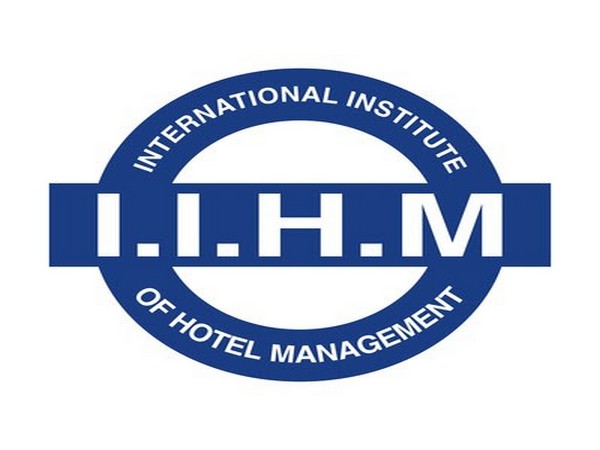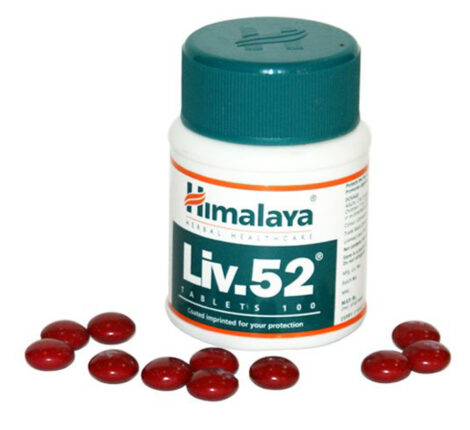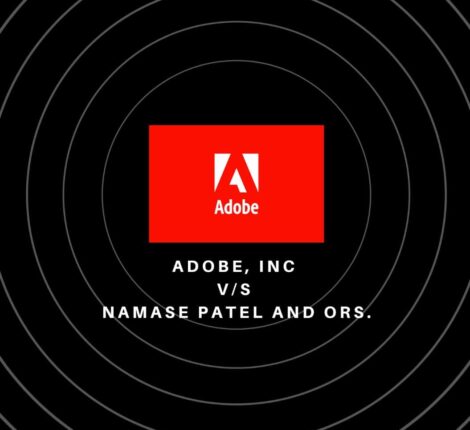Calcutta High Court safeguards misuse of IIHM acronyms, rules in favor of Salt Lake Society for Hotel Management
Recently, in Salt Lake Society for Hotel Management v. Gazi Murshidul Arfein & Ors, the Calcutta High court dealt with a rather peculiar issue in a suit for infringement of trademark and passing off. The parties were previously involved in a bout of similar litigation. Before discussing that, let us go through the brief history of the case.
History of the case–
Plaintiff was a premier entity running hotel cum catering management school and education training centers under the trade name ‘INTERNATIONAL INSTITUTE OF HOTEL MANAGEMENT’. It was stated and confirmed by the co-ordinate bench of the same Court on July 15, 2010[1]i.e., the first bout of litigation that the plaintiff had obtained a registration of the said label in the year 1994. The plaintiff reiterated that the most striking feature of the said label was the initials I.I.H.M. The plaintiff further stated that they had filed a suit against the Defendant, Indian Institute of Hotel Management, before this Court in 2010. Being in the similar business of running catering management school, the Court under order dated July 15, 2010, held that plaintiff had made a prima facie case of the importance and distinctiveness attached to the abbreviations I.I.H.M to them.
Thus, the Court directed the defendants to refrain from using the said abbreviations as part of its name/literature/any other material, without using its complete form in a similar style as that of the abbreviation. The order was confirmed on December 24, 2010[2]. After which lays a string of contempt applications by the plaintiff alleging Defendants to have violated the said interim order. The Court thereby disposed of the last of such applications in the absence of the alleged violations.
Plaintiff’s Allegations–
The plaintiffs alleged that the defendants had been publishing brochures and advertisements with the logo & acronym of the plaintiff. To add fuel to the fire, the defendants also used the logo & acronym on shirts, ties, and bags used by students of their institution. The plaintiff submitted proof of the same to prove such infringement acts by the defendants.
It was contended by the Plaintiff that the alleged infringement in the year 2020 by Defendants gave a fresh cause of action, notwithstanding the contempt order of 2016[3].
To back their claims, the plaintiffs relied on the decisions of the Delhi High Court in Larsen & Toubro Limited vs. M/s. Lachmi Narain Traders & Ors [4]& of Apex Court in Bengal Waterproof Limited vs. Bombay Waterproof Infrastructure Company and Anr[5].The Plaintiff further placed reliance on the affidavit affirmed by the defendant in the contempt application of 2015[6] wherein the defendant admitted of using the abbreviation that was similar to plaintiff’s mark. There was an alteration in size and style of the complete form, i.e., the Indian Institute of Hotel Management, as in contradiction to the order of 2010.
The contentions of the Defendant that the current suit isn’t maintainable on account of the order passed in contempt application of 2016 was discarded by the court. The court rightly held that an order passed by a high court in its contempt jurisdiction cannot operate as a final decision on the rights and liabilities of the parties.
The Court observed that the plaintiff has filed this present suit because the defendant has again used the abbreviated short form of the full form of the registered mark of the plaintiff, thus violating the terms issued in 2010. The Court reiterated the Bengal Waterproof Ltd. case to conclude.
Decision of the Court-
In this prolonged litigation bout between the said parties, the Court overlooking the mere technicalities of contempt application has focussed on the importance of safeguarding a ‘mark with reputation’ from being violated. The interim order passed by Justice Debangshu Basak of the Hon’ble Calcutta High Court proves the seriousness of adopting exact similar marks. Further, as both parties are involved in the similar business of running educational institutions, the degree of confusion between consumers of trade is high as the defendant is using a similar logo as that of the plaintiffs in dresses and bags of the students. Further, the Court observed that as the internet is used widely by students in present times, the similar domain name used by the defendants as that of the plaintiff is an apparent attempt by the defendant to pass off the plaintiff’s products as their own.
[1] https://indiankanoon.org/doc/96963742/
[2] https://indiankanoon.org/doc/93557117/
[3] https://indiankanoon.org/doc/144412776/
[4] https://indiankanoon.org/doc/1964464/
[5] https://indiankanoon.org/doc/134913/
[6] https://indiankanoon.org/doc/174196947/
Author: Rakshita Singh, student at Army Law College, Pune
Disclaimer: This brief is intended to provide general guidance to the subject matter. It does not contain legal advice. For any specific advice/corrections, write to [email protected]
© ZEST IP




